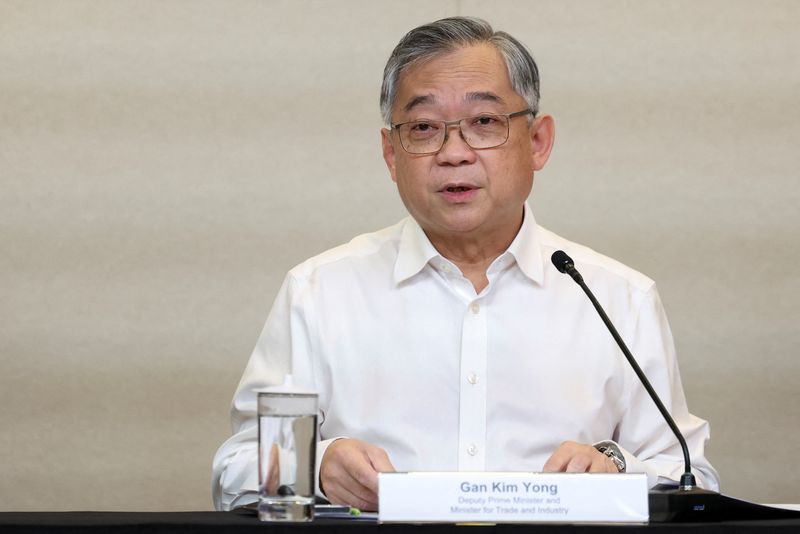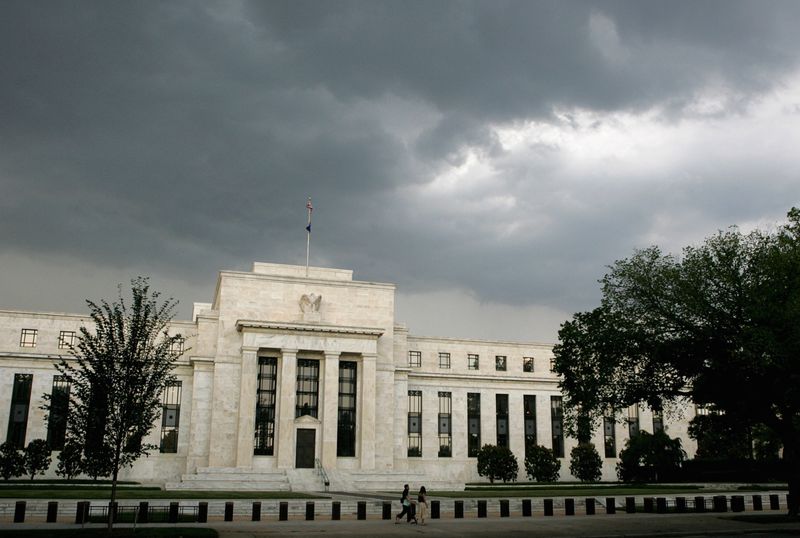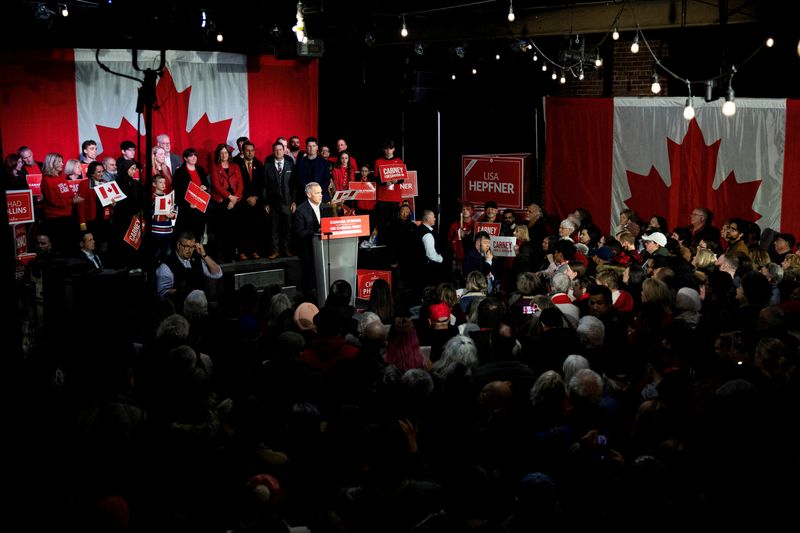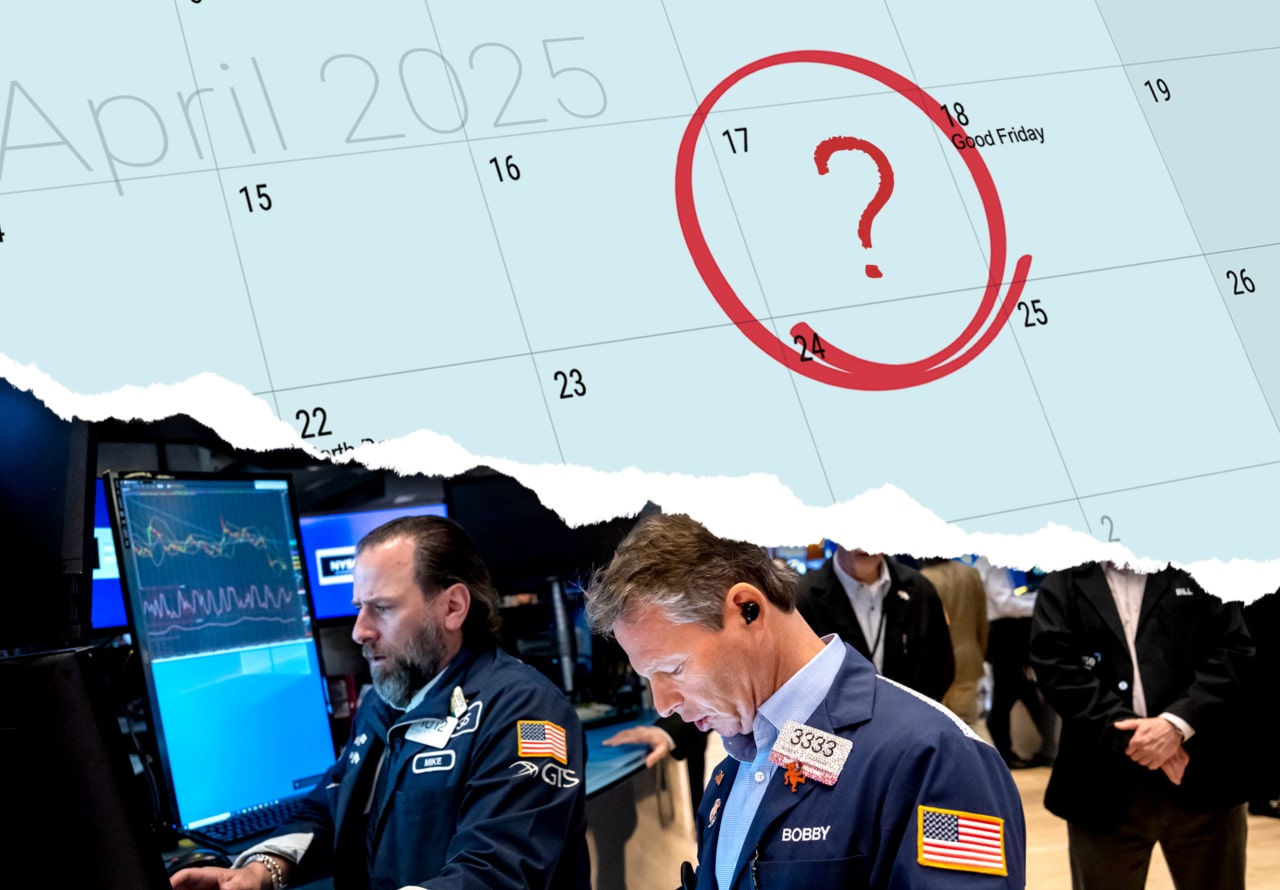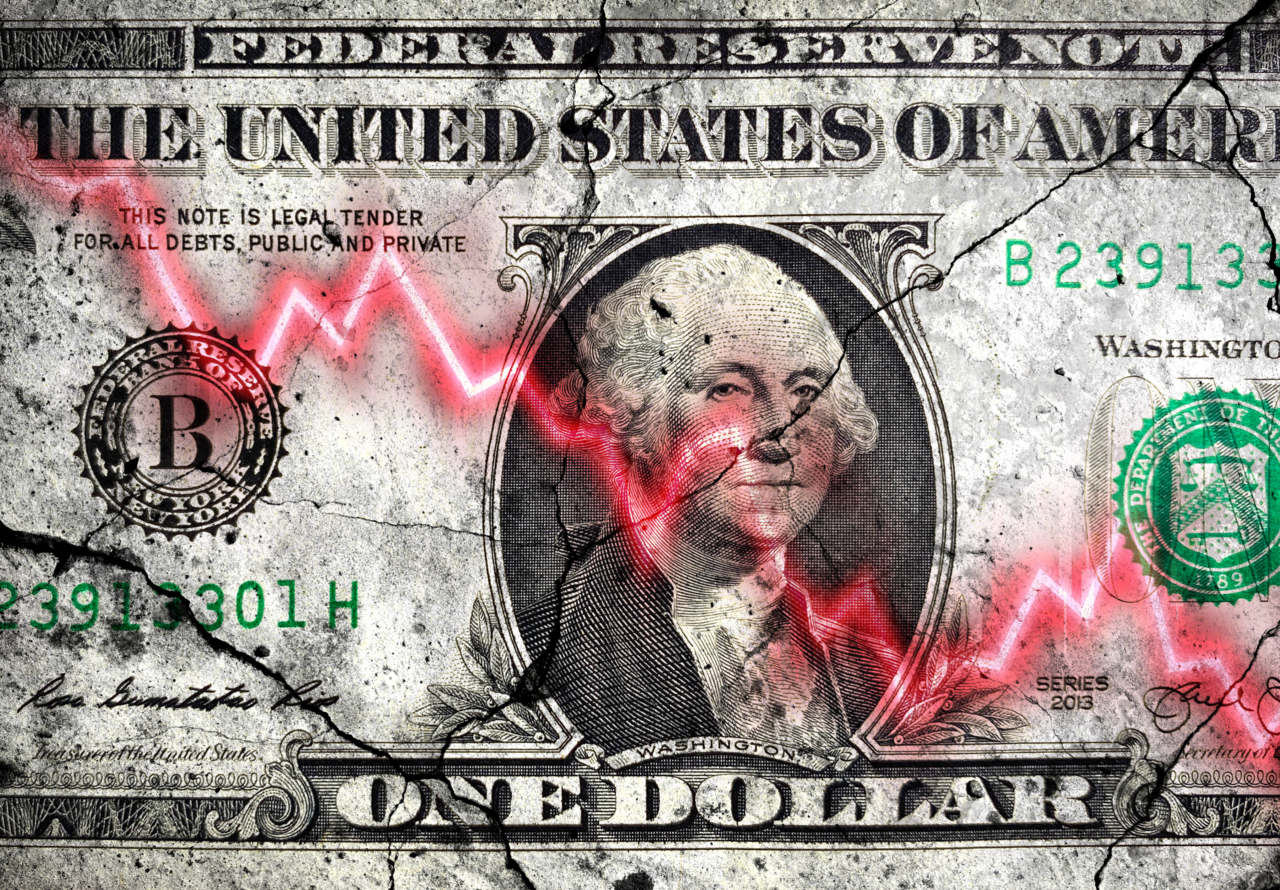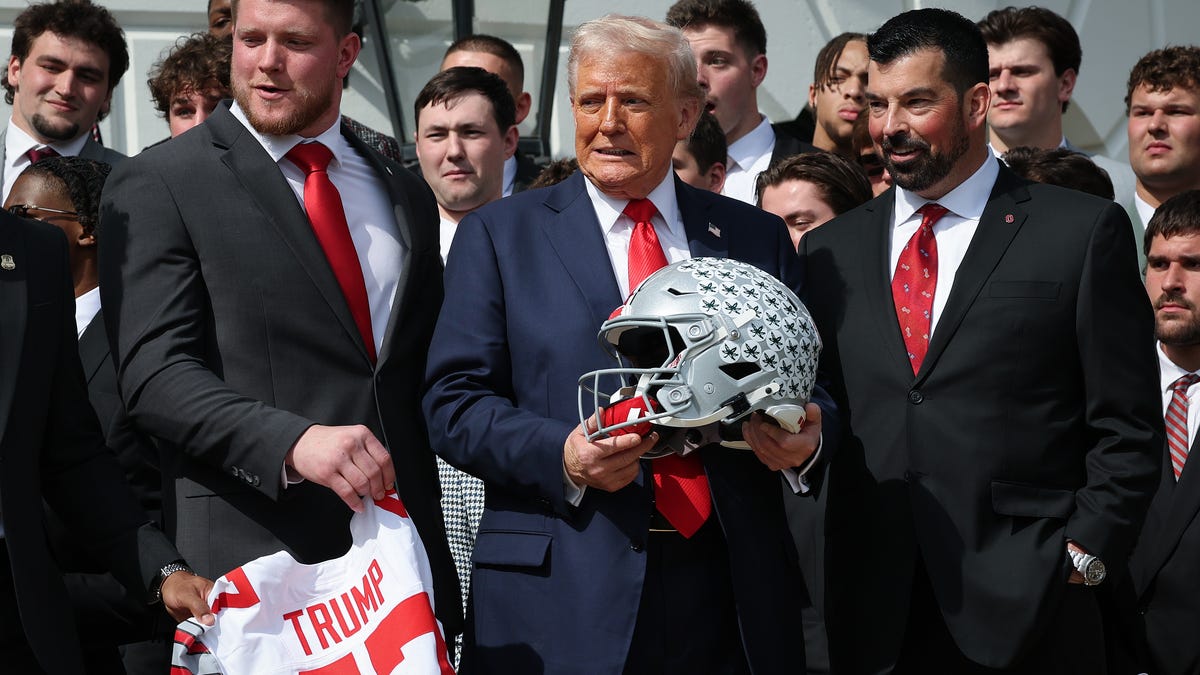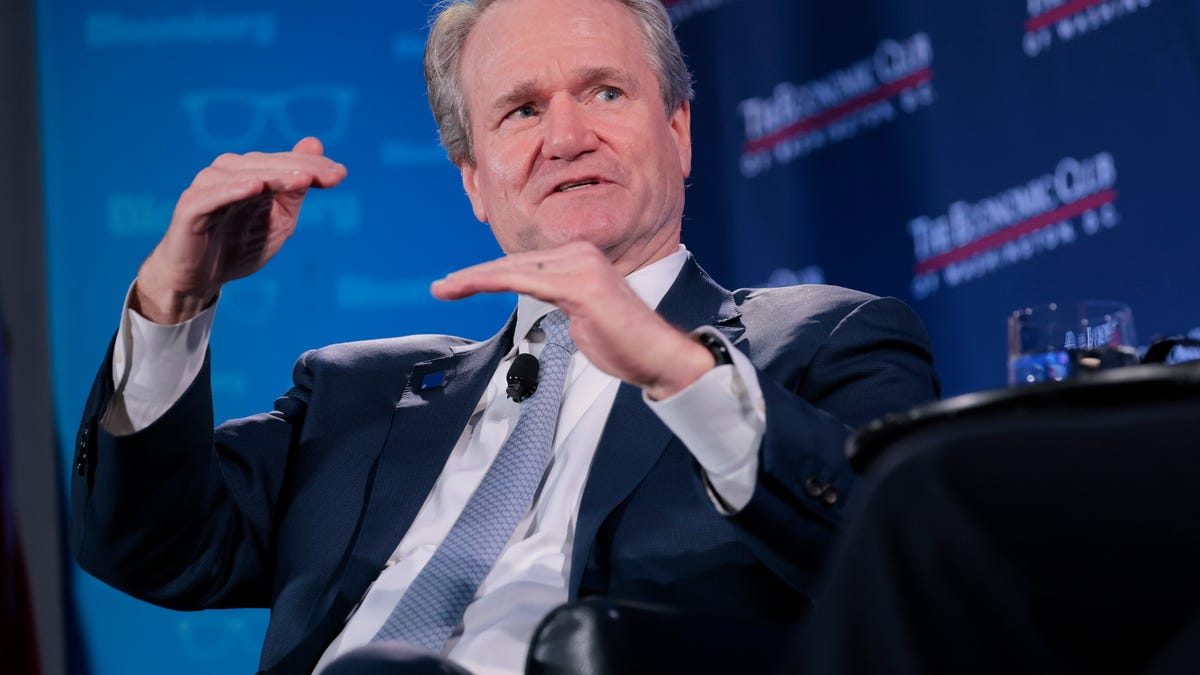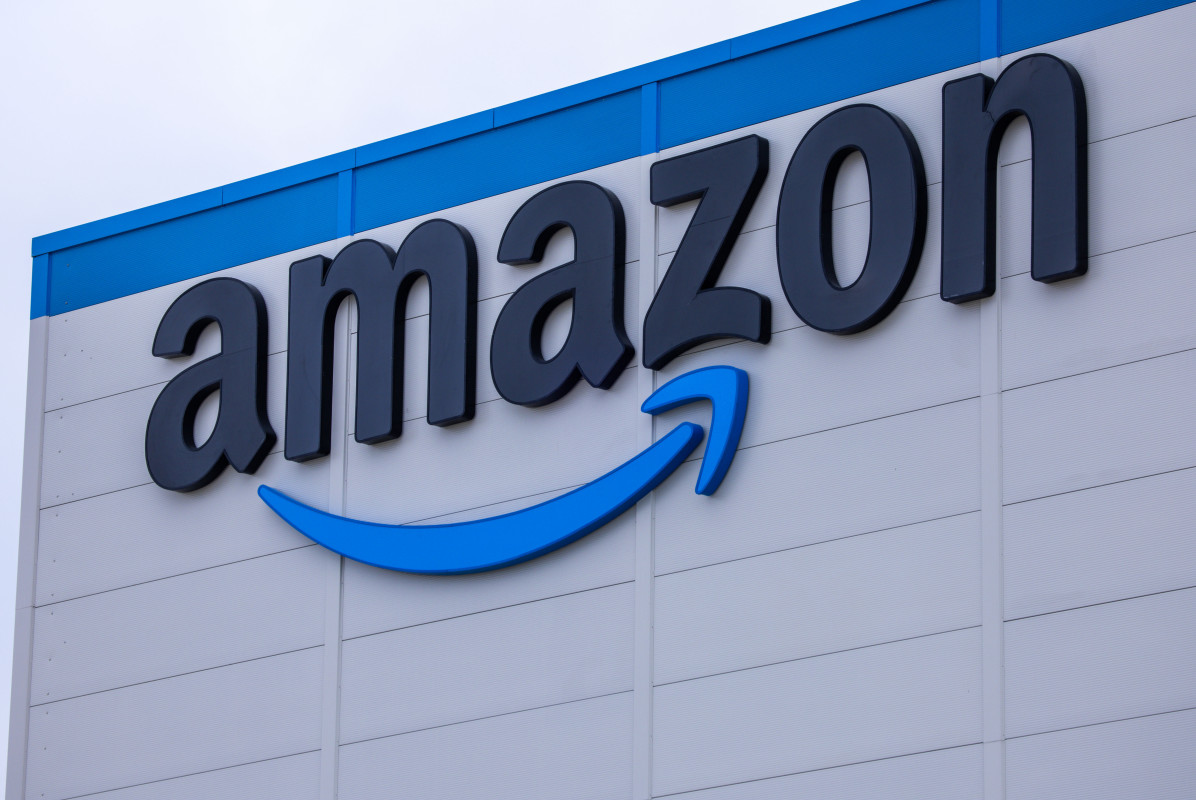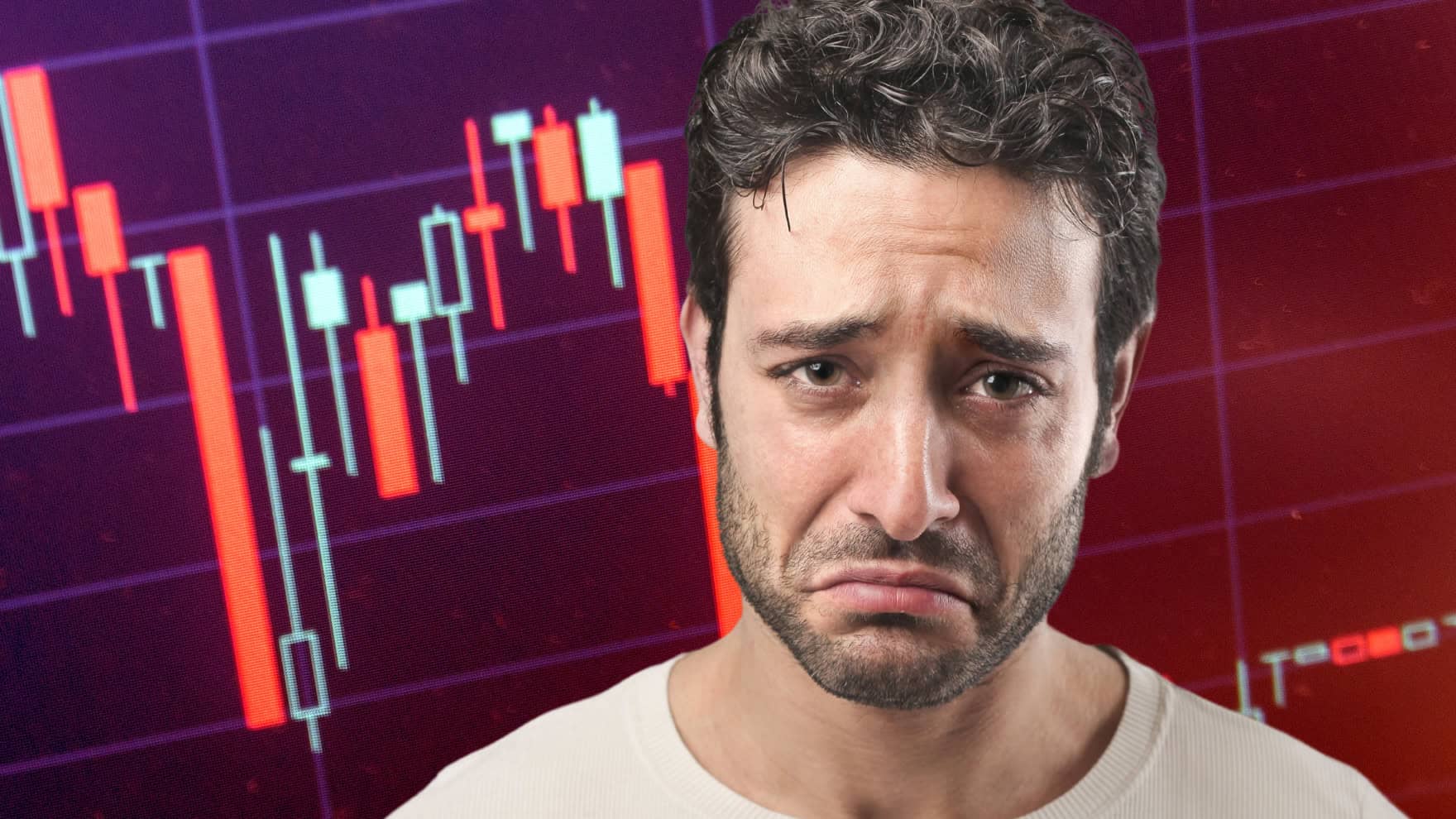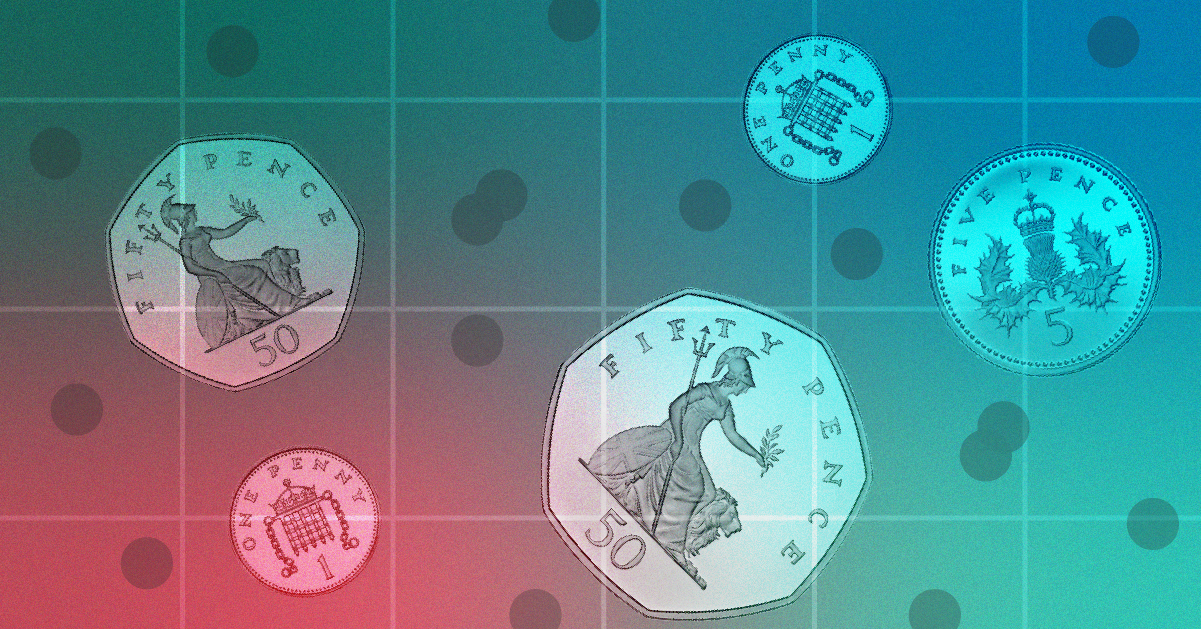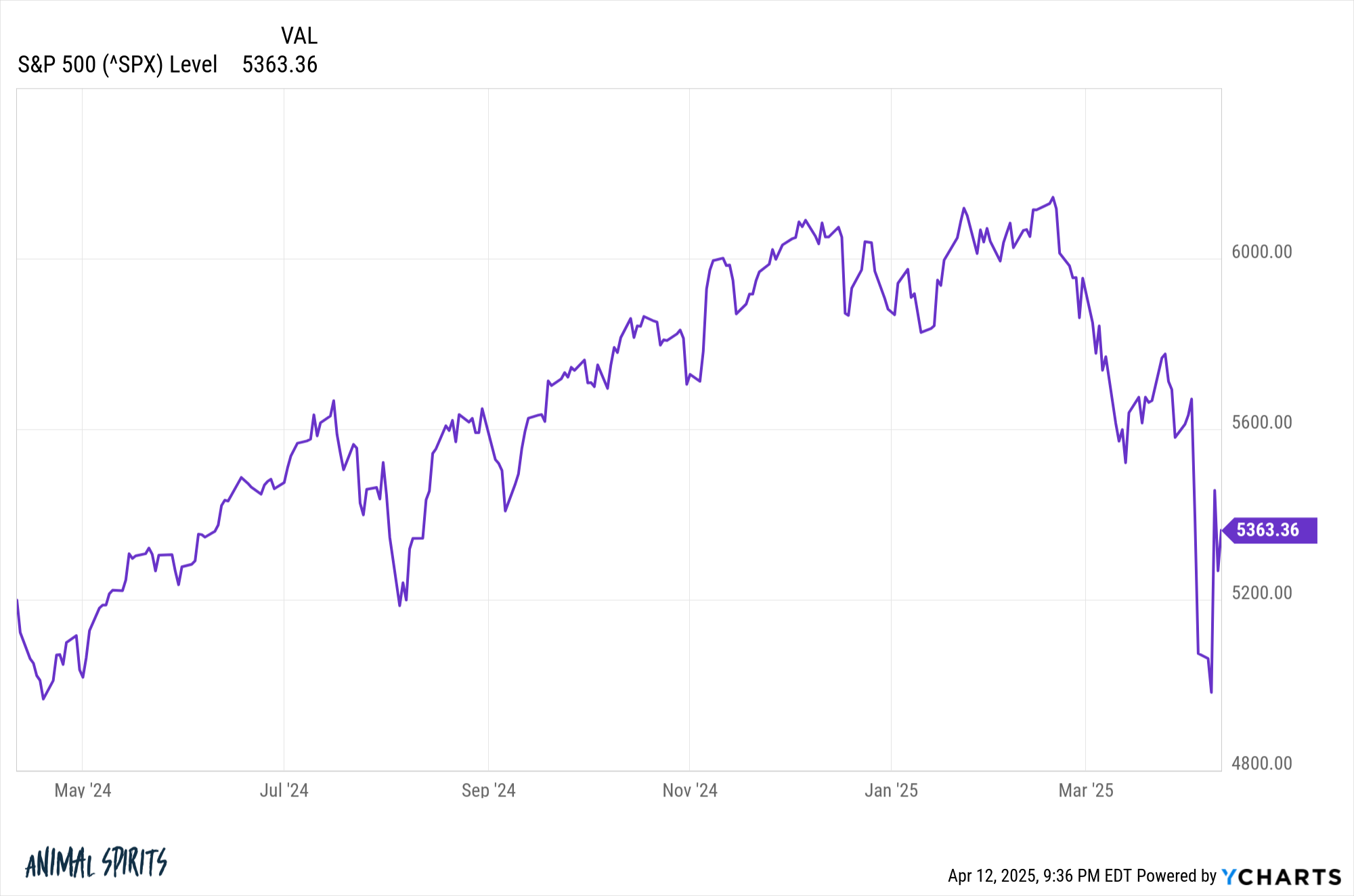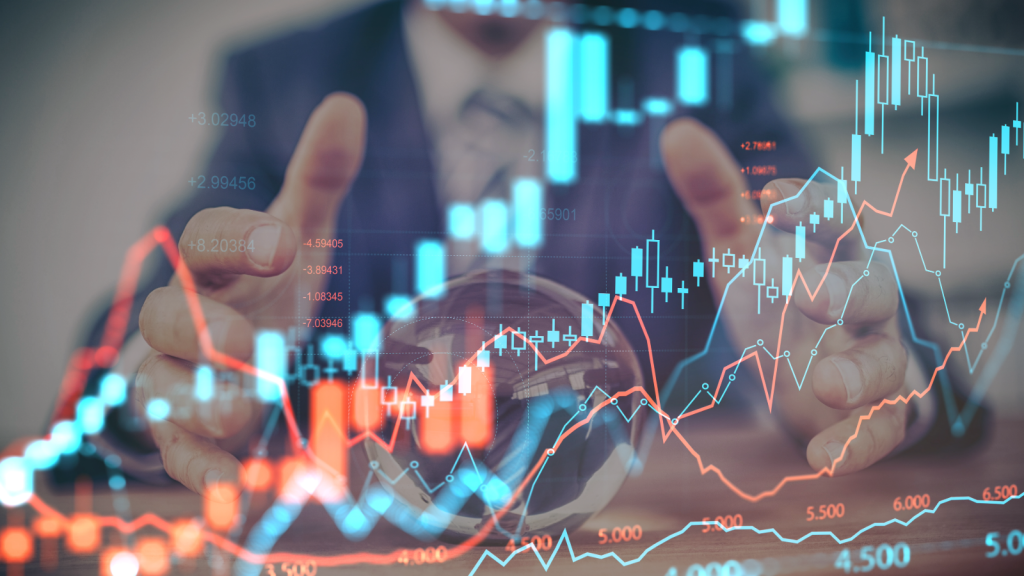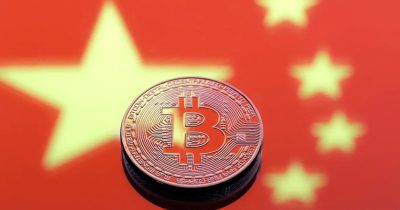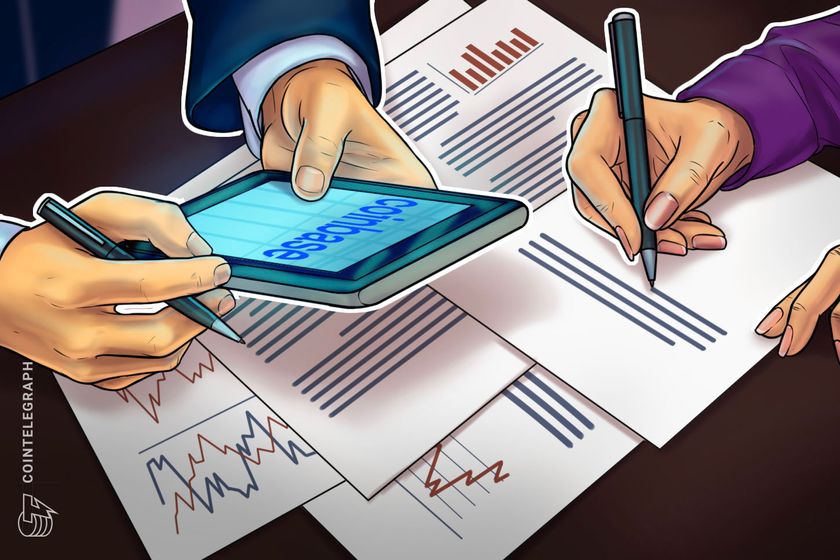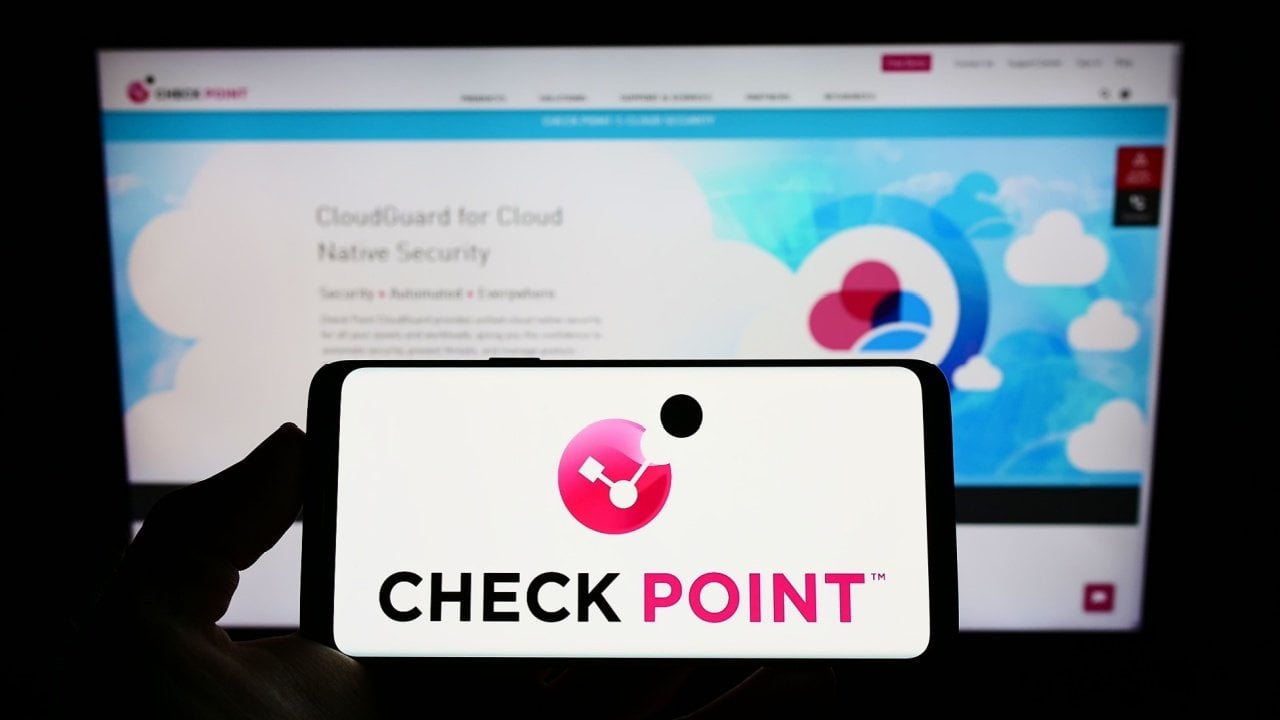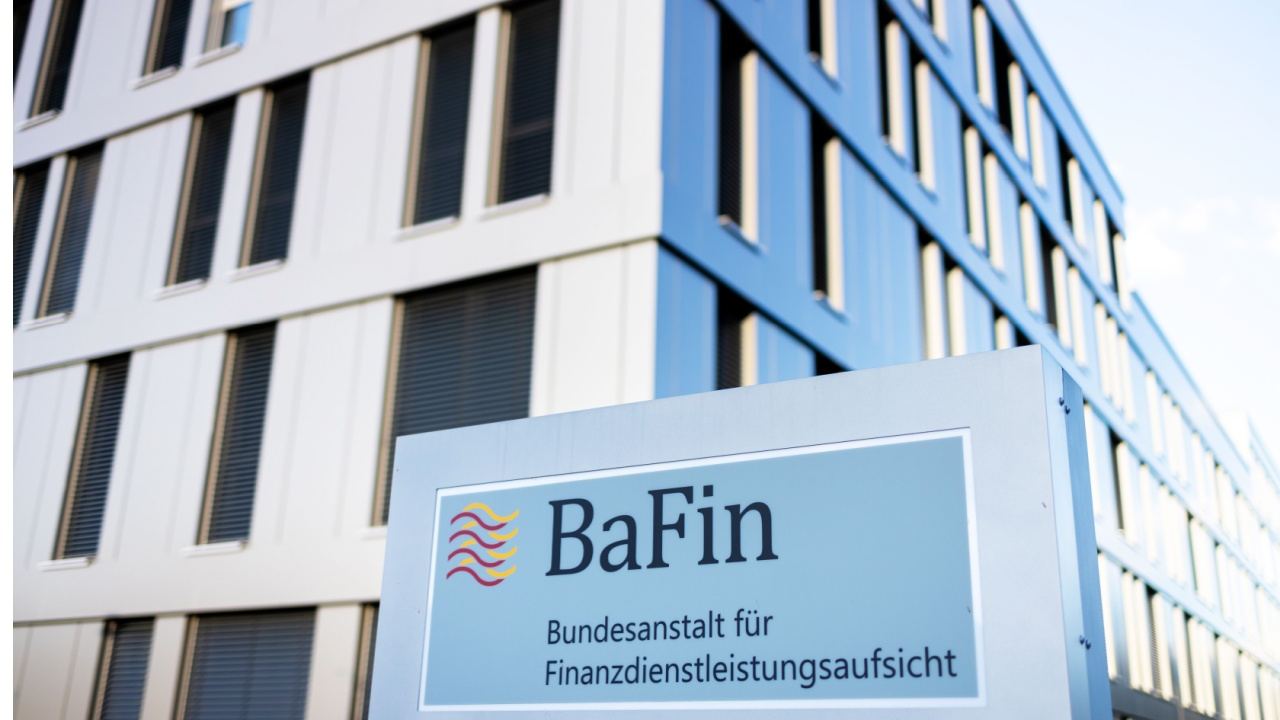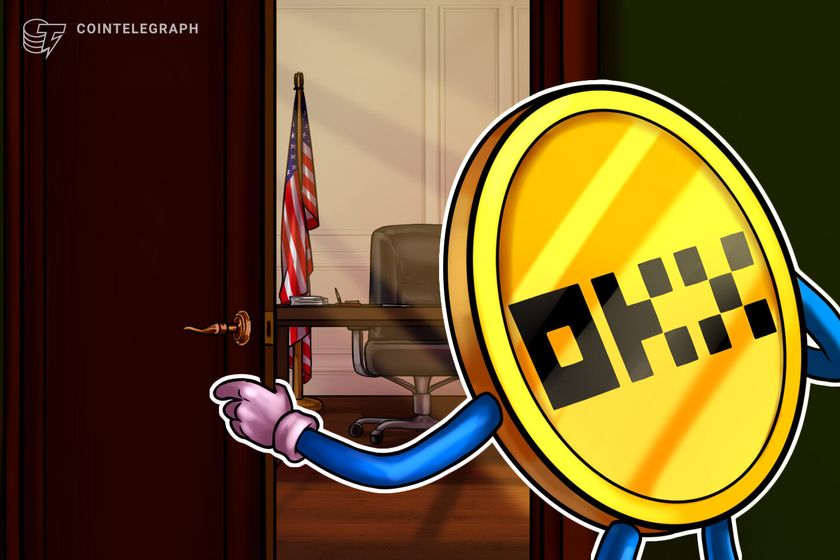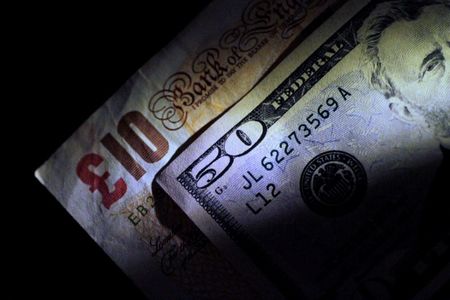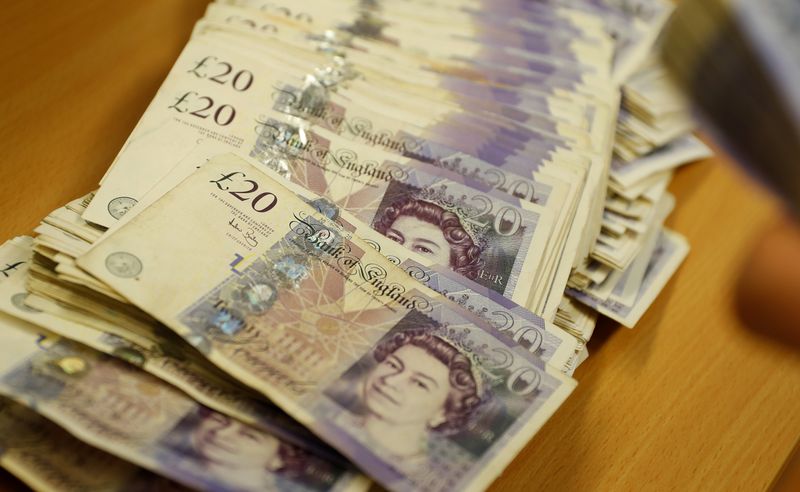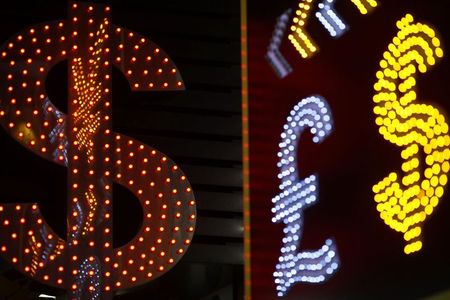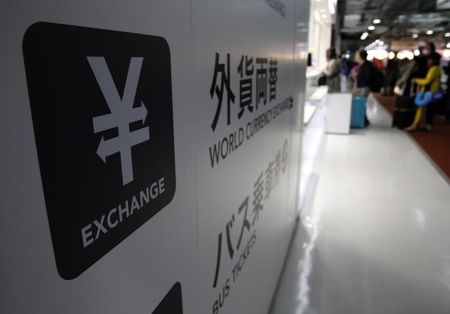Goldman Sachs CEO sounds alarm on growing customer concern
CEO David Solomon offered insight into big business sentiment.
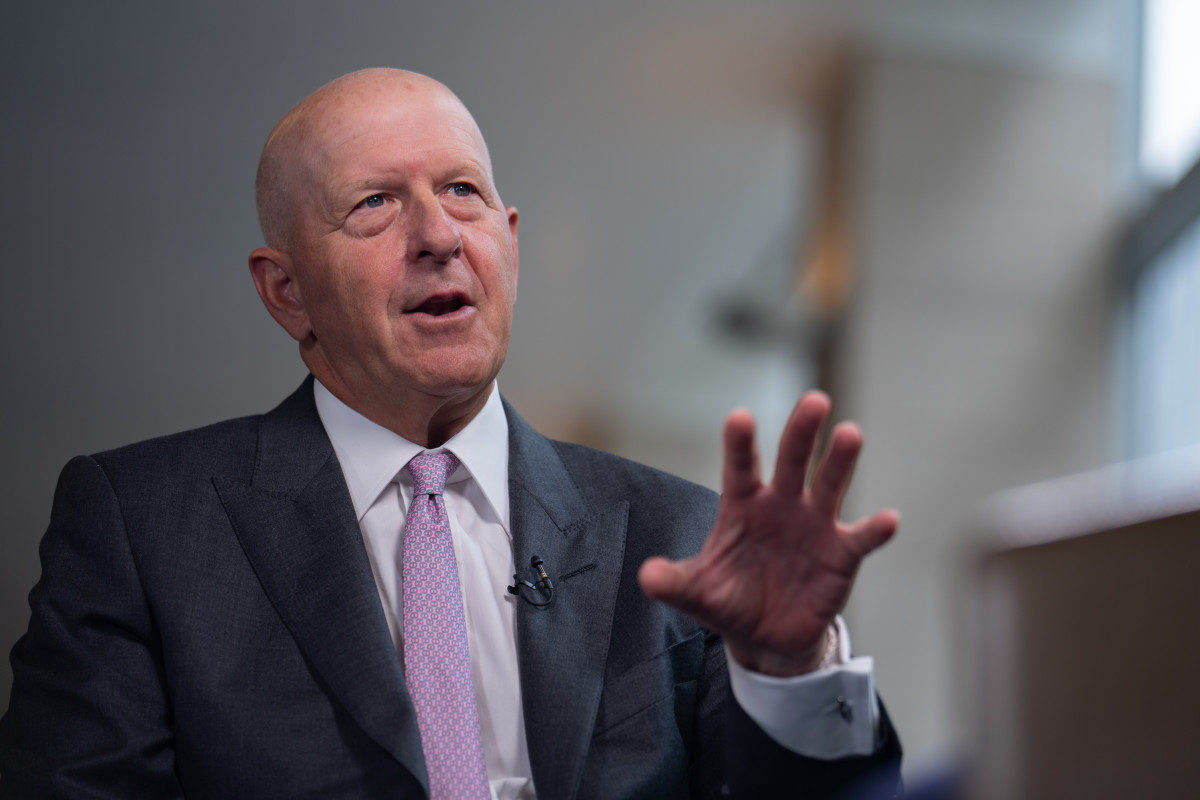
The U.S. stock market has rebounded about 10% since its post-Liberation Day low on April 8. The rally, which coincided with several sentiment indicators flashing ‘oversold’ and hope that President Trump may willingly negotiate lower import taxes, doesn’t put stocks out of the woods yet, though.
It’s pretty common for stocks to rally after sharp sell-offs, only to see that rally fade away, leading to lower prices again.
Related: Veteran fund manager who predicted drop updates stock market forecast
Whether that happens again may hinge on what businesses decide to do next. Corporate leaders aren’t fans of uncertainty because it wreaks havoc on their project planning. So, they tend to retreat when things get dicey and unpredictable.
Certainly, a good argument can be made that diceyness and unpredictability rule right now. That makes it important to keep tabs on what the biggest banks say about customers’ behavior.
Fortunately, Goldman Sachs, the largest investment bank, just reported its quarterly results, providing CEO David Solomon with an opportunity to comment on what he’s hearing from other industry captains.
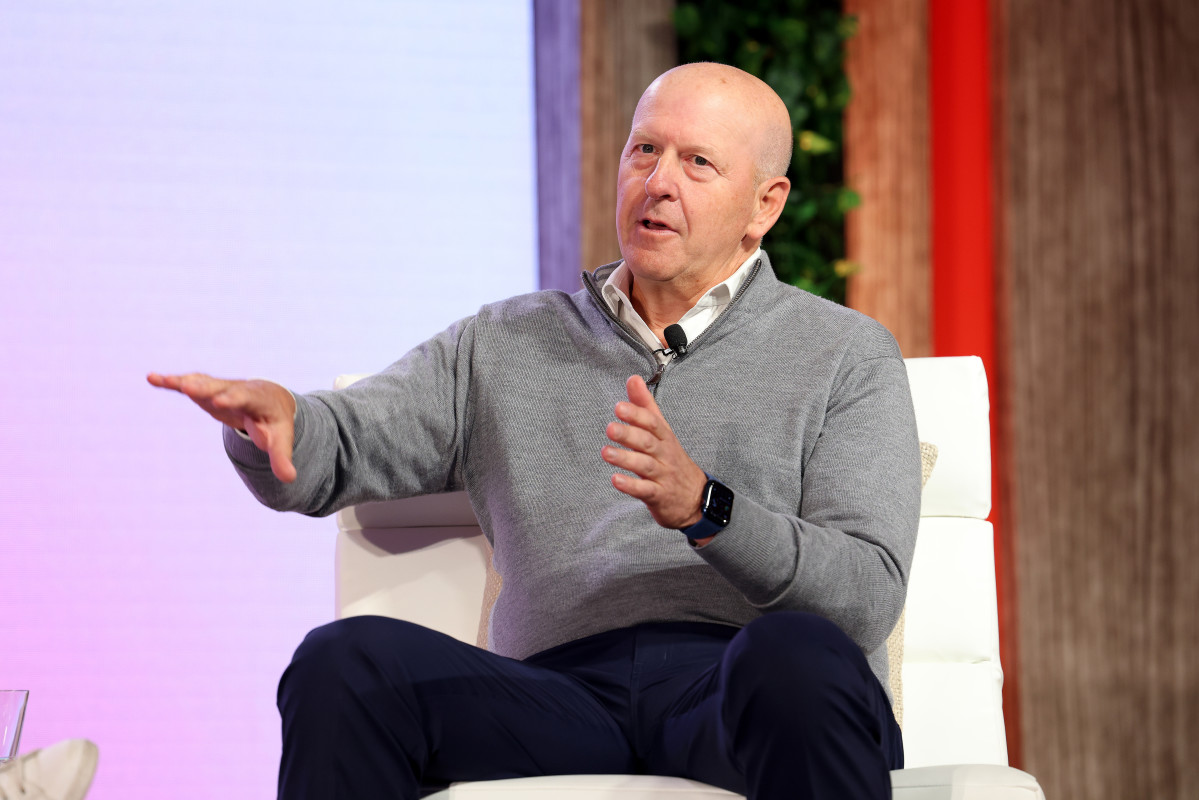
Business sentiment is key to what's next for stocks
Given recent data points toward slowing activity, the U.S. economy may be on the ropes as consumers remain cash-strapped because of past inflation and a weakening jobs market.
Inflation isn't as bad as it was, but shoppers are still focused more on essentials than discretionary purchases, according to big retailers like Walmart. The Consumer Price Index improved to 2.4% inflation in March, the lowest since last September. But that's still above the Federal Reserve's 2% target, and price increases are still coming on top of higher prices recorded in 2022, 2023, and 2024.
Related: Secretary Lutnick pours cold water on tech tariff exemptions
The shift in consumer spending isn't helped by rising job uncertainty. While historically low, the unemployment rate of 4.2% is still up from its 2023 lows near 3.5%. Layoffs have been more common recently, with over 497,000 announced job losses in the first quarter, according to Challenger, Gray, & Christmas. Job seekers also have fewer options to choose from, given the Job Openings Labor Turnover Survey showed 7.6 million unfilled positions in February, down by 877,000 year over year.
The job market weakness could worsen in the wake of tariffs.
The White House's decision to engage in a trade war with China is significantly increasing the prices of goods ranging from clothing to electronics, and tariffs on cars and other products coming out of Mexico and Canada are likely to pinch consumers soon. U.S. tariffs on Chinese imports total 145%, while auto import tariffs are 25%.
If price increases are passed along to consumers, business activity for services may soften, impacting two-thirds of our economy. If they can't be passed on, corporations big and small stand to take a meaningful hit to their bottom lines.
That's not great news for investors, given the stock market trades on forward expectations for sales and profit growth. In good times, investors are willing to pay up to own stocks. In bad times? Not so much.
We've already seen a rerating in stocks tied to economic uncertainty. The S&P 500 and Nasdaq Composite are down 8% and over 12% this year, respectively, despite a massive 10% rally since the April 8 lows.
If investors hope for lasting relief, businesses must be willing to keep spending, and based on what Goldman Sachs' Solomon said on its conference call, investors ought to be a bit nervous.
Goldman Sachs CEO flags worry among business leaders
David Solomon has a pretty good view of business sentiment from his perch at the top of Goldman Sachs, the fifth-largest commercial bank with $558 billion in assets, according to the Federal Reserve. It's the second-biggest investment bank by revenue, trailing only JPMorgan Chase.
Related: Jamie Dimon sends candid message on economy, stocks
Solomon was asked about the economy and business mood in Goldman Sachs' fourth-quarter conference call. His response should raise eyebrows.
"Our clients, including corporate CEOs and institutional investors, are concerned by the significant near-term and longer-term uncertainty that has constrained their ability to make important decisions," said Solomon. "This uncertainty around the path forward and fears over the potentially escalating effects of the trade war have created material risks to the U.S. and global economy."
While the trade war may help drive some manufacturing back to the U.S., the back-and-forth of negotiations leaves many wondering how it will all shake out. That lack of clarity is increasingly nerve-wracking to leaders who rely on financial modeling to determine whether to build capacity, hire workers, or expand into new markets.
Read more:
- Billionaire Michael Bloomberg sends hard-nosed message on economy
- Jim Cramer offers blunt one-word reaction to 20% tariffs
- Analyst who predicted 2024 stock market rally offers blunt post 'Liberation Day' forecast
"I would say the level of uncertainty is up significantly...the implementation of trade policy reset the prospect of forward growth pretty significantly all over the world," said Solomon. "I hear a greater sense of short-term concern, but everyone would like less uncertainty and more clarity on forward policy, and that's what we're hearing from clients. They want to understand where the policy will settle out so that they can make capital decisions, investment decisions, planning decisions."
We'll likely find out if rising concerns are impacting capital spending once the first-quarter earnings season ramps up in the coming weeks. Currently, Wall Street still expects solid double-digit earnings growth in 2025, but that may change if companies' guidance is lackluster.
Solomon's rival, JPMorgan Chase's Jamie Dimon, isn't overly optimistic about corporate outlooks.
"You're going to hear a thousand companies report, and they're going to tell you what their guidance is," said Dimon on JPMorgan Chase's conference call last week. "My guess is, a lot will remove it."
Related: Veteran fund manager unveils eye-popping S&P 500 forecast





